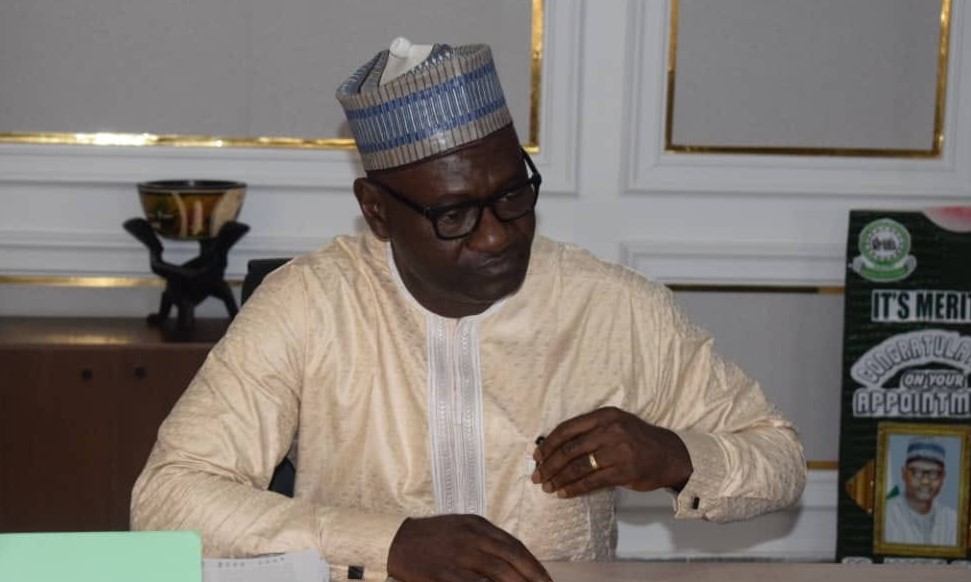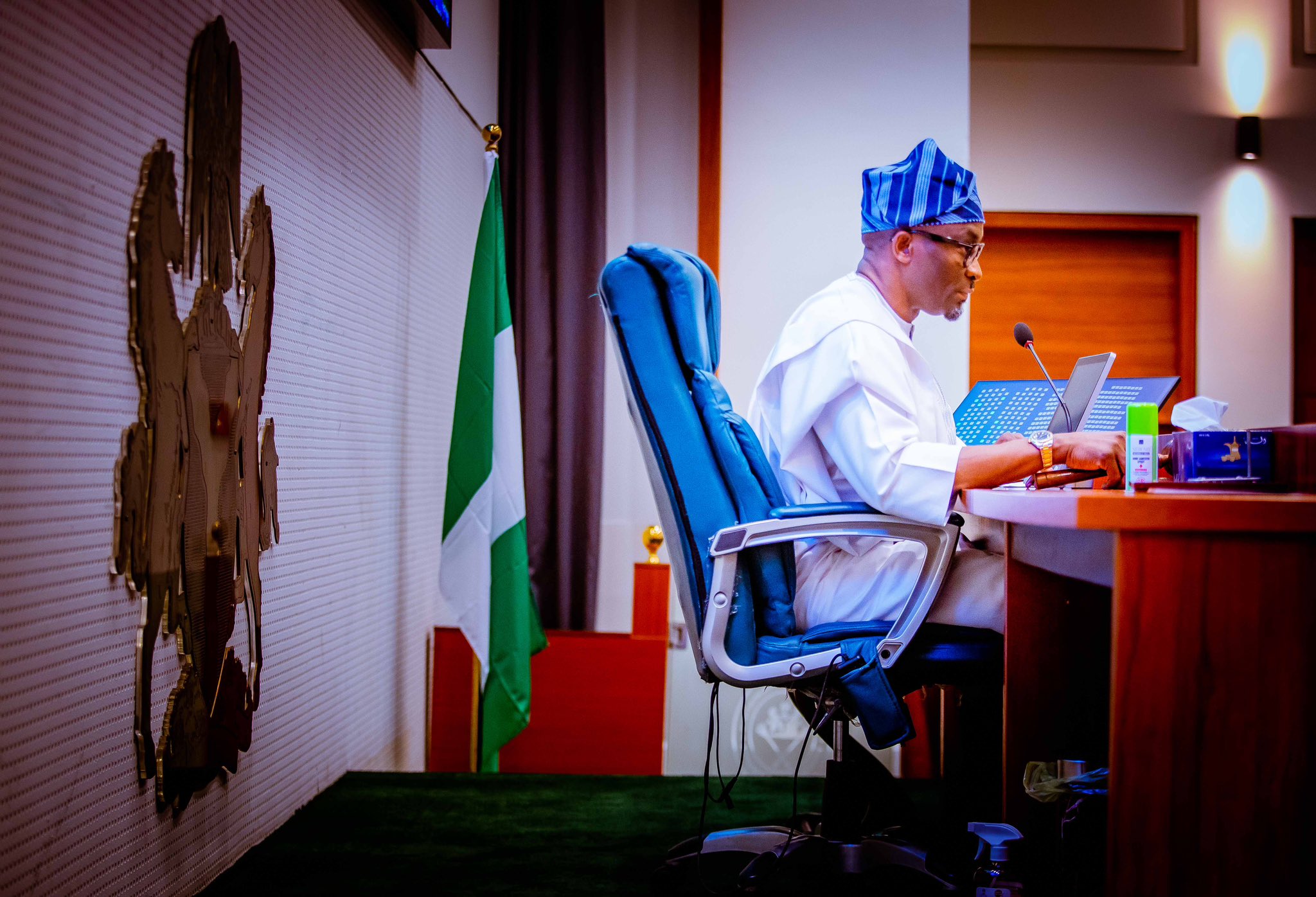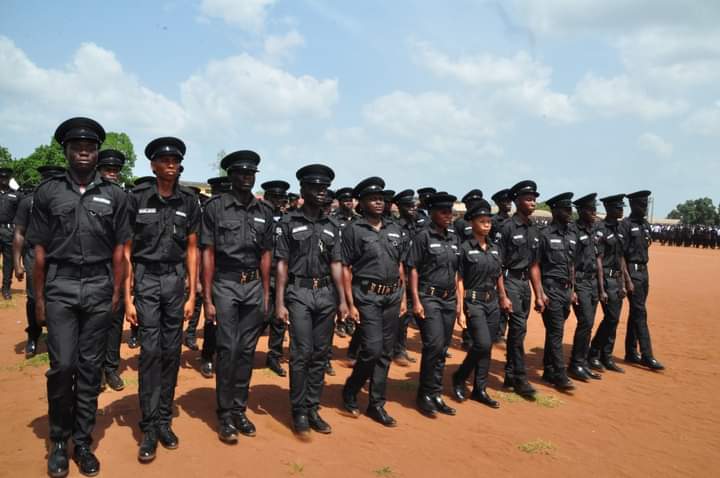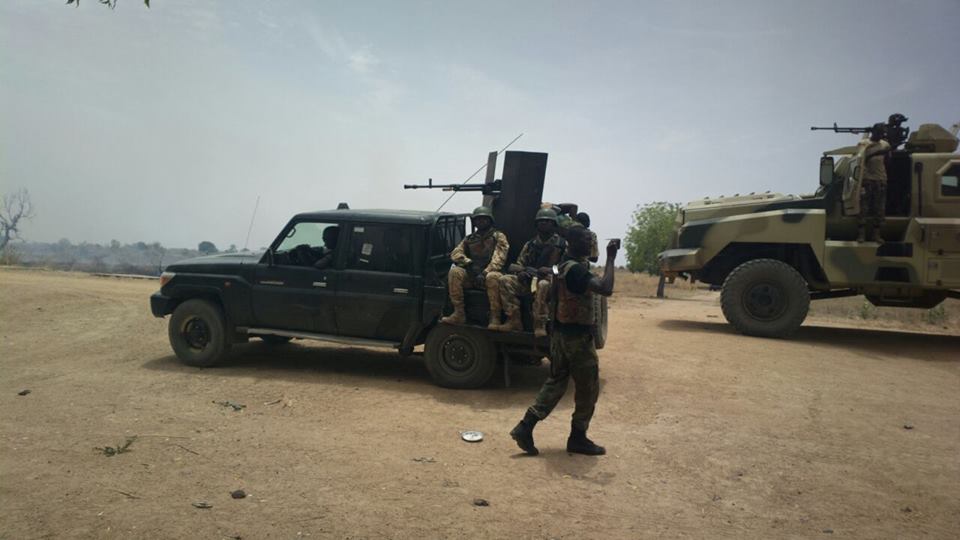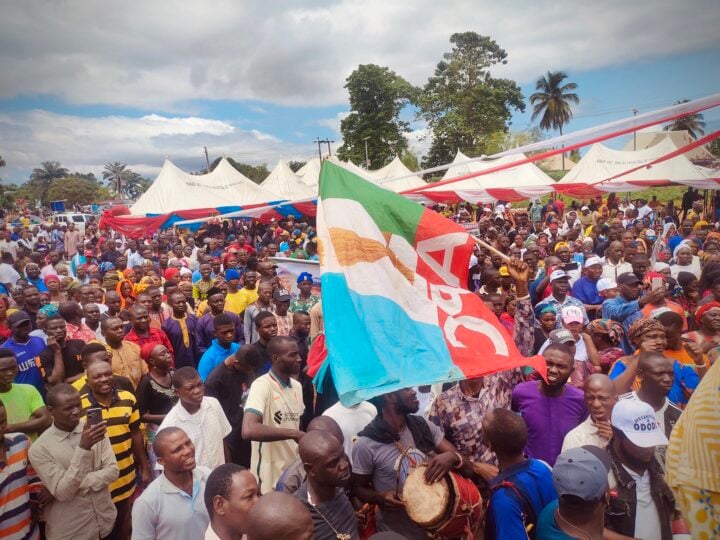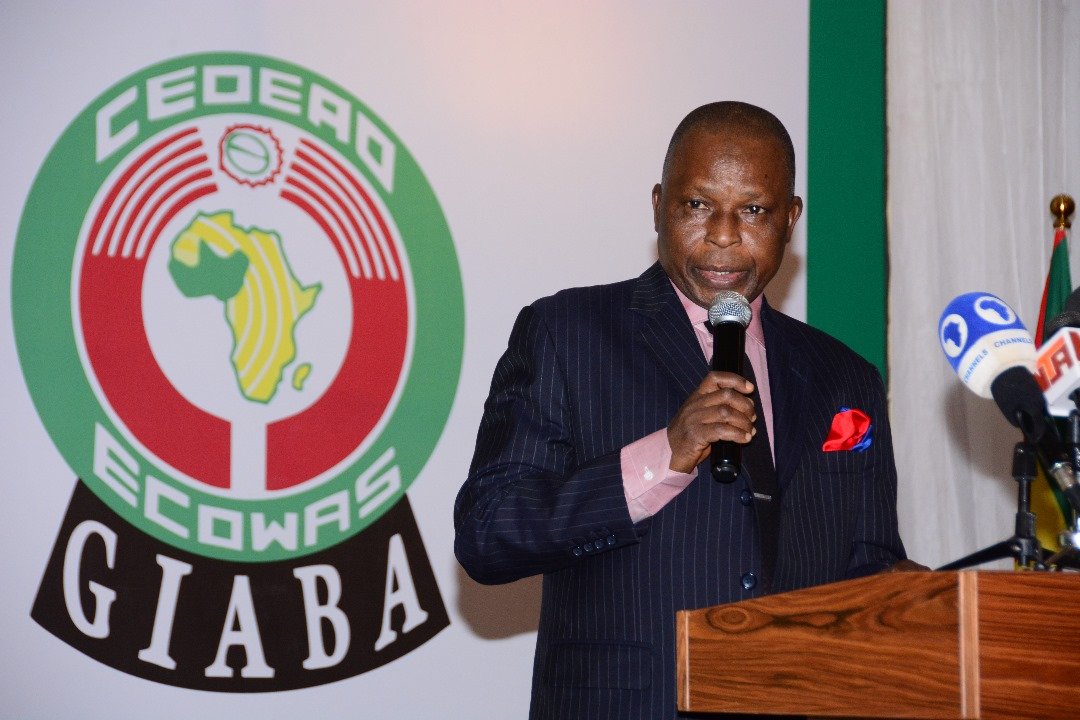Joseph Ochogwu, director general (DG) of the Institute for Peace and Conflict Resolution (IPCR), has attributed the country’s economic instability to a leadership failure.
Speaking in Abuja over the weekend during a leadership series meeting, Ochogwu said the problem is widespread across Africa.
The experiential leadership series in Africa had “Post-crisis cohesion in Africa: Leadership and the practice of no victor no vanquished” as its theme.
According to the IPCR DG, Nigeria and the continent at large have been confronted with a heightened spate of crime, insecurity and a leadership dilemma.
Advertisement
“The narrative of political leadership in the African continent is replete with corruption, misgovernance, nepotism, mediocrity, abuse of power, human rights abuse and mismanagement,” Ochogwu said.
“This happens in a continent endowed with huge deposits of mineral resources, vast arable lands for agriculture, huge earnings from mineral resources’ exportation and strategic location on the world map.
“Additionally, the phenomenon of leadership failure has continued to pose a serious challenge to achieving the Sustainable Development Goals (SDGs) and Africa Union – Agenda 2063 in the continent.
Advertisement
“The United Nations, for instance, sets the 17 SDGs as the developmental plan targeted to be achieved by all nations in the year 2023.
“Since the SDGs came on stream in 2015, the African nations have been grappling with acute poverty, hunger, malnutrition, illiteracy, unemployment, demeaning political culture of ‘Winner takes all’ and the latest reign of coup d’états.
“Indeed, leadership failure is at the heart of these challenges.”
Ochogwu said the challenges have threatened peace, stability, security and economic development in the continent.
Advertisement
The IPCR chief added that the institute is partnering with TEL-Africa to advance conversations around leadership issues, security and socio-economic development in Africa.
He said the aim is to bring African leaders to share their experiences on how they have been able to manage certain practices that they face towards transgenerational peacebuilding.
“You recall that former head of state General Yakubu was able to manage Nigeria in the pre-Civil War era, in terms of, no Victor, no vanquished,” he said.
“We need to understand how to build cohesion in a society that is highly heterogeneous.”
Advertisement
Ochogwu also appealed to the government and leaders in Nigeria and Africa to “consciously and deliberately implement inclusive policies”.
Also speaking at the event, Cui Jianchun, Chinese ambassador to Nigeria, listed education, economy, environment, equality and enforcement, as the five most important “Es” in governance and asked the government to prioritise them.
Advertisement
On his part, Masudur Rahman, high commissioner of Bangladesh to Nigeria, advised that Nigeria should diversify its economy to create sustainable development.
Rahman added that Bangladesh is willing to partner with Nigeria in achieving its development targets.
Advertisement
Add a comment
